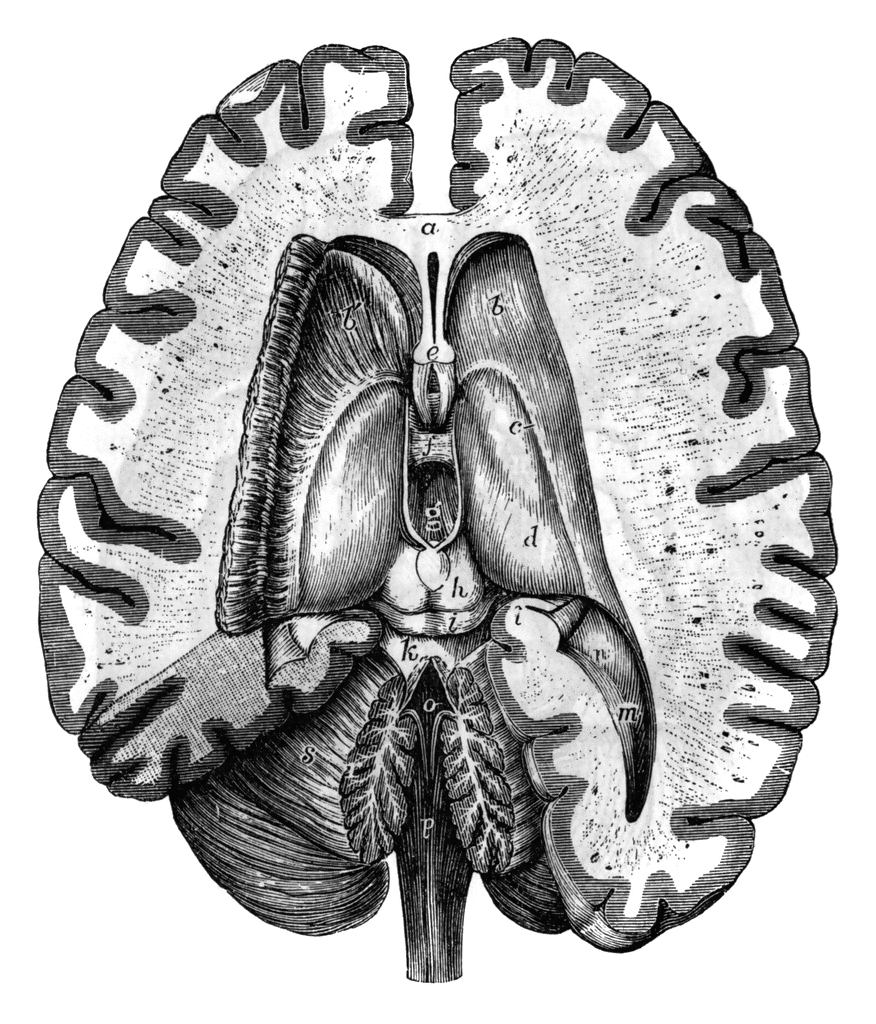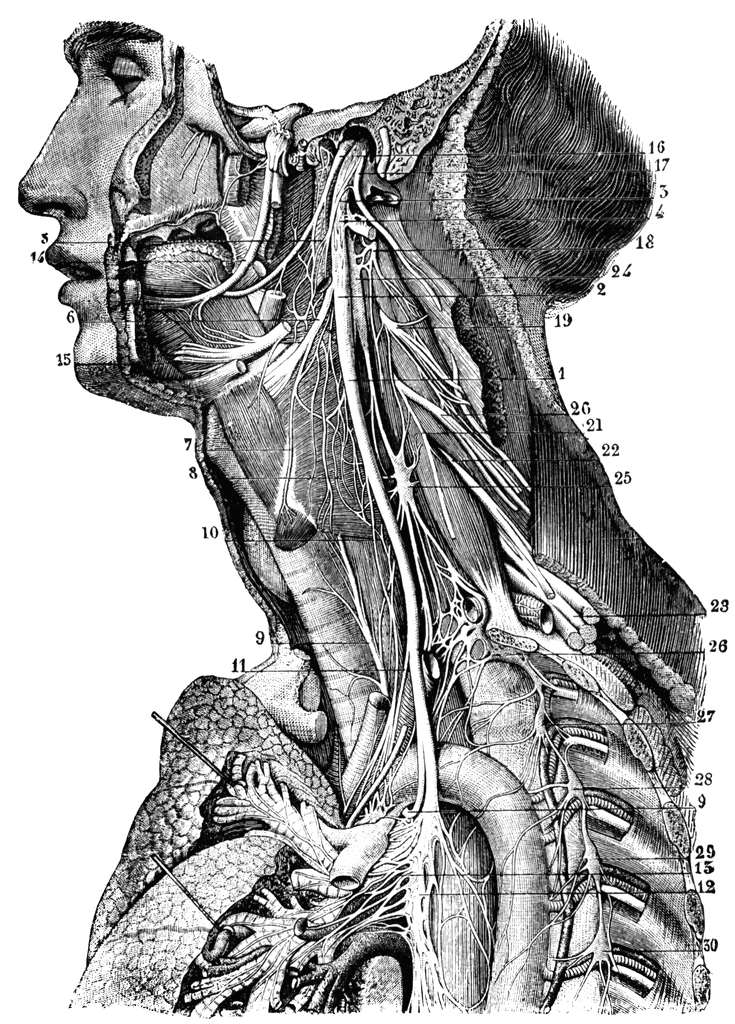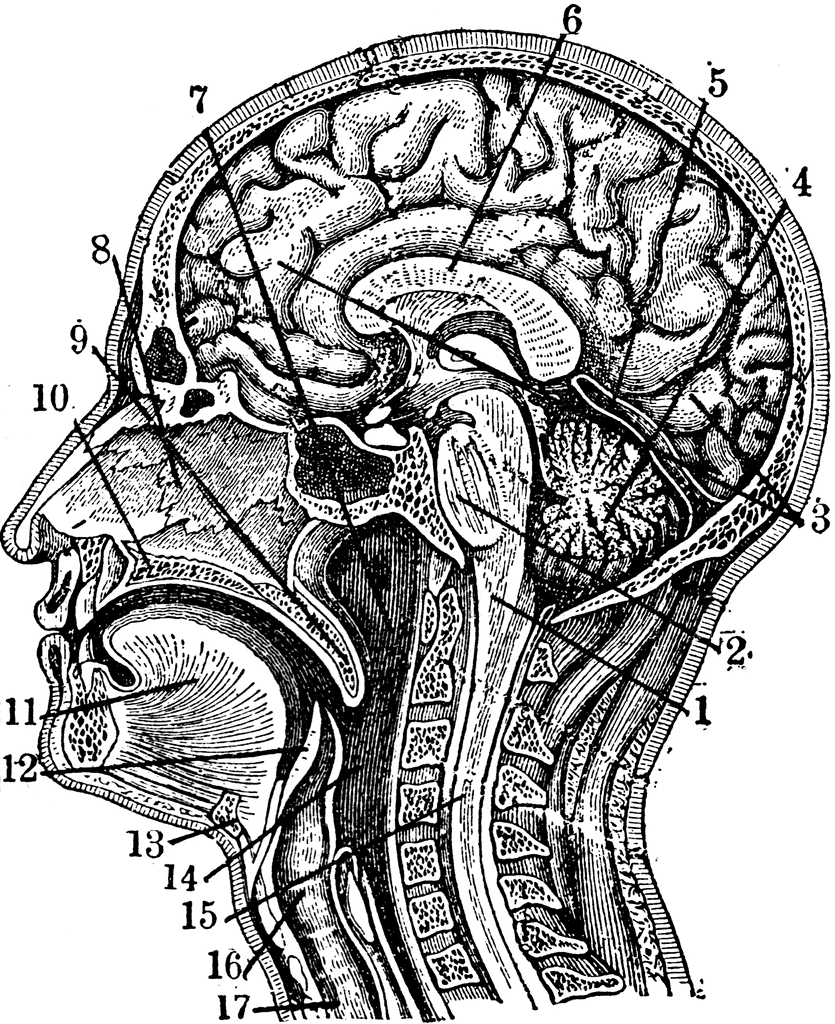Formación continua
Artículo del mes

Razón Práctica y Cogitativa
El siglo XX ha sido testigo de una sucesión de surgimientos y caídas de diversos modelos psicoterapéuticos, lo que nos ha llevado a vernos en las primeras décadas del siglo XXI inmersos dentro de una polifonía de distintas psicoterapias, cuyo único punto de convergencia no parece ser otro que el buscar la salud mental del paciente – sea lo que esta fuere. Al revisar esta polifonía, vemos que entre los modelos psicoterapéuticos destaca el conjunto amplio que podríamos llamar “terapias cognitivas”. Las primeras aportaciones de este modelo provienen de dos importantes terapeutas, Albert Ellis y Aaron Beck, cuyos escritos, práctica clínica y formación de psicólogos clínicos han generado una influencia sólo comparable en su amplitud y profundidad con modelos ya consagrados como el psicoanálisis o la terapia humanista-existencial.

Unidad y diversidad de la psicología
La psicología parece hoy, a primera vista, un conjunto diverso y dispar de conocimientos teóricos y de procedimientos prácticos. ¿Es una ciencia? ¿En qué sentido lo es? Y, si lo es, ¿es una? ¿O más bien la palabra designa ciencias distintas y modos de conocer diferentes? ¿En qué consiste la diversidad patente de la psicología actual? ¿Hay algún fundamento para defender, dentro de esa diversidad, la unidad básica de la ciencia psicológica?

Conocimiento natural y conocimiento discursivo respecto del bien sensible en Tomás de Aquino
Santo Tomás distingue los apetitos sensibles según un conocimiento precedente que puede ser la aprehensión y juicio inmediato de un bien deleitable según la misma naturaleza de los sentidos; o una estimación de conveniencia o utilidad, la cual supone comparar algo bueno rodeado de circunstancias…

The future time perspective in human motivation and learning
In psychology more perhaps than in any other biological science an accurate description of the phenomena to be studied is important as an introductory phase of the investigation. When this descriptive analysis is neglected, essential difterences between phenomena may be overlooked and significant variables may remain unexplored.

The Internal Senses — Functions or Powers? Part II
We will now try to show that the internal senses have definite brain structures as sensoria and that a correlation of what our psychological analysis has shown about these senses with the knowledge derived from the results of neurological research can help us better to understand the functioning of the inner senses and also the functioning of the brain.

The Internal Senses — Functions or Powers? Part I
When one looks over the literature on philosophical psychology that has been published in the last twenty years, one finds that there is a notable absence of discussion concerning the nature and function of the powers we call the interior senses. Except in the usual run of textbooks, we find but little even in the journals. And in the textbooks exactly the same things are being said that were said by John of St. Thomas and before him.

Interacción entre la razón y las emociones en el ser humano según Santo Tomás de Aquino
En el presente artículo se aborda un aspecto bien delimitado del pensamiento del Aquinate: la mutua influencia entre la razón y las emociones; es decir, de qué manera la razón del hombre influye en sus emociones y viceversa. El tema es por sí mismo interesante, pero además sumamente importante para la psicología, la ética y la pedagogía.

Physiological and Psychological Foundation of Virtues
This article regards the field of neuroscience and indicates on the proper or erroneous functioning of the human brain. Intellectual virtues, especially practical wisdom…

A Thomistic Explanation of the Neurosis
The purpose of this paper is to show how repression, the funda mental cause of the neurosis, can be explained in the light of the principles of Thomistic rational psychology…

Tres notas aclaratorias al concepto de placer en Tomás de Aquino
El objeto de estas páginas es reflexionar brevemente sobre tres puntos relativos a la doctrina del placer en Tomás de Aquino, a saber, si el placer es acaso la pasión más importante del ser humano…

Neurociencia y Psicología como ciencias complementarias del comportamiento
¿Las neurociencias están desplazando a la psicología? Para responder el autor analiza los objetos de ambas ciencias, y se pregunta por su discernibilidad formal…
